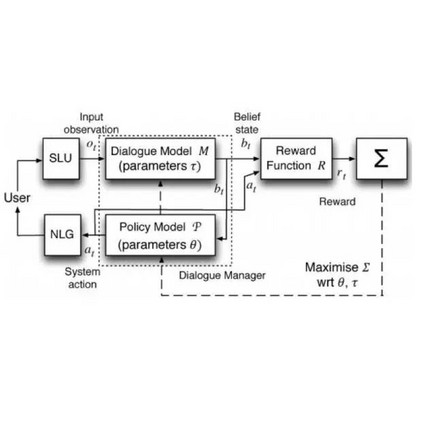Task-oriented dialogue (TOD) systems are mainly based on the slot-filling-based TOD (SF-TOD) framework, in which dialogues are broken down into smaller, controllable units (i.e., slots) to fulfill a specific task. A series of approaches based on this framework achieved remarkable success on various TOD benchmarks. However, we argue that the current TOD benchmarks are limited to surrogate real-world scenarios and that the current TOD models are still a long way from unraveling the scenarios. In this position paper, we first identify current status and limitations of SF-TOD systems. After that, we explore the WebTOD framework, the alternative direction for building a scalable TOD system when a web/mobile interface is available. In WebTOD, the dialogue system learns how to understand the web/mobile interface that the human agent interacts with, powered by a large-scale language model.
翻译:以任务为导向的对话(TOD)系统主要基于基于空档的TOD(SF-TOD)框架,在这个框架内,对话细分为规模较小、可控的单位(即空档),以完成具体任务。基于这一框架的一系列方法在各种TOD基准上取得了显著成功。然而,我们认为,目前的TOD基准仅限于替代现实世界情景,而目前的TOD模型离解设想情景还有很长的路程。在本立场文件中,我们首先确定SF-TOD系统的现状和局限性。之后,我们探索WebTOD框架,即当有网络/移动界面时建立可扩展的TOD系统的替代方向。在WebTOD中,对话系统学会如何理解人类代理与由大型语言模型驱动的网络/移动界面互动。







